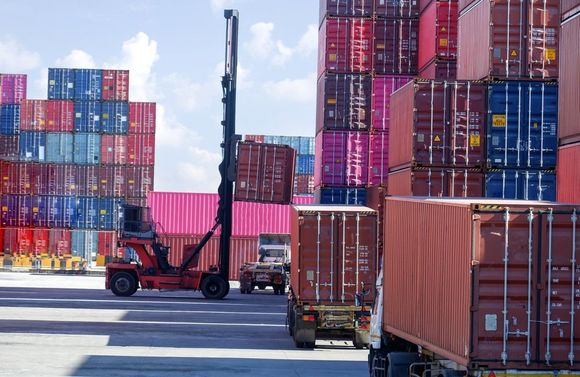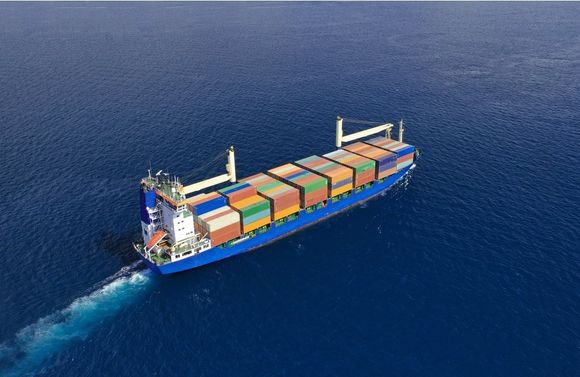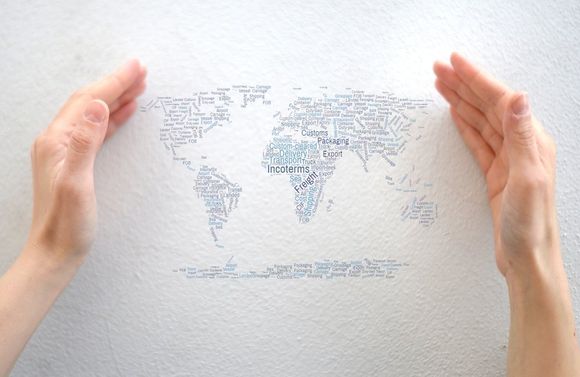Call us: 07305 550568 / Contact us at: info@superciel.com
UK customs experts
Superciel is a team of UK customs experts, helping you to move your goods in or out of the UK smoothly. Contact us today to find out more about what we offer and speak to our experienced team.
Complex cases
We can deal with a range of complex import and export cases, where customs clearance is more complicated than the usual straightforward procedure. Read below to find out more, then get in touch for professional support for your import or export case.
Transit
Common Transit Convention countries Use common and Union transit when exporting or taking goods out of the UK to move them quickly and delay duty until they reach their destination. Find out which countries are part of the Common Transit Convention (CTC). The CTC is used for moving goods between the common transit countries. i.e. the EU member states, the EFTA countries (Iceland, Norway, Liechtenstein and Switzerland), as well as Turkey, Macedonia and Serbia.

Slide title
Write your caption hereButton
- Must read
The UK is currently a member of the CTC while it is in the EU and has successfully negotiated membership in its own right after Brexit. The Common Transit Convention is used to ease the movement of goods between or through any common transit countries. The UK is a member of the Common Transit Convention. The other members are:
• Iceland
• Liechtenstein
• Republic of North Macedonia
• Norway
• Serbia
• Switzerland
• the EU, including the EU special territories where customs rules apply
• Turkey

Slide title
Write your caption hereButton
Temporary import
You can apply to import goods temporarily to the UK. Find out how to apply for Temporary Admission to import goods into the UK and use them for up to 2 years or more before re-exporting them. You can apply if you’re the person using the goods or you’re arranging for the goods to be used on your behalf.
Using Temporary Admission will depend on whether you’re established inside or outside the UK.
- Must read
You must also:
• be financially solvent
• have a good history of compliance with customs requirements
• have (or be able to keep) appropriate records
You cannot apply if you’re a:
• freight forwarder
• fast parcel operator
• customs agent
See the list of goods, uses and conditions.
Before you start the application process, you’ll need to have the following information to hand:
• your Economic Operator Registration Indicator (EORI) number (unless importing non-commercial goods)
• details of where your records are or will be held
• how the goods will be received (imported as freight, post etc.)
• where the goods will be declared to Temporary Admission
• whether you will be using simplified declarations or not
• details of your guarantee (if applicable)
• where your goods will be used
• how long the goods will be in the UK. How to apply
There are six types of authorisation you can get to use Temporary Admission:
• full
• by declaration
• an authorisation that covers the Northern Ireland and EU
• retrospective
• oral declaration
• crossing the border ‘by any other act’
Re-import / re-export
Re-importing goods you’ve exported before.
If your goods were in free circulation before you exported them, you may not need to pay the full rate of duty when you re-import them either:
• in the same condition as when you exported them
• after you had exported them for processing or repair Importing goods to process or repair them.
When you import goods for processing or repair and then put them into free circulation, you may be able to pay the rate of duty based on either:
• the goods at the time they were declared
• the goods when they are put into free circulation Importing goods temporarily.

Slide title
Write your caption hereButton
- Must read
You can reduce or pay no duty if you temporarily import goods such as:
• samples
• professional equipment
• items for auction
• exhibition goods
• demonstration goods
As long as you do not alter the goods while they’re within the UK, using temporary admission should mean you will not have to pay duty or import VAT.
Apply to delay or pay less duty on goods you import to process or repair. Use inward processing to delay or reduce import duties or VAT on goods that you process or repair.

Slide title
Write your caption hereButton
Methods of payment – duties and taxes
These duty amounts will usually become payable at the time of declaration. This will require payment by bank transfer for each import transaction. As Direct Trader Input (DTI), we can process the payment of charges due on imported goods by using the Flexible Accounting System (FAS) by card, cheque or bacs. If a deferment arrangement exists, the deferment account number (DAN) is required for the duty payment to be delayed. A trader can apply for a Deferment Account, which will be subject to some fairly strict criteria. VAT also becomes accountable on declaration. The amount payable will form a part of each trader’s periodic return. Non-VAT registered importers will have to pay the VAT amount immediately on import.
- Must read
A commercial invoice is the invoice most suited for international trade, as it is the most comprehensive. It should state ‘Commercial Invoice’ and contain all the required information such as: Invoice number and date generated o Payment terms, e.g. 30 or 60 days etc. Name of seller & company address details; Name of buyer & company address details; Description of items purchased and part numbers; Total cost including any Tax payable; Incoterms; Country of Origin declaration; Harmonised tariff/commodity code information.
Find us
Contact us
Business Hours
- Mon - Fri
- Open 24 hours
- Saturday
- -
- Sunday
- -
- Mon - Fri
- Open 24 hours
- Saturday
- -
- Sunday
- -
